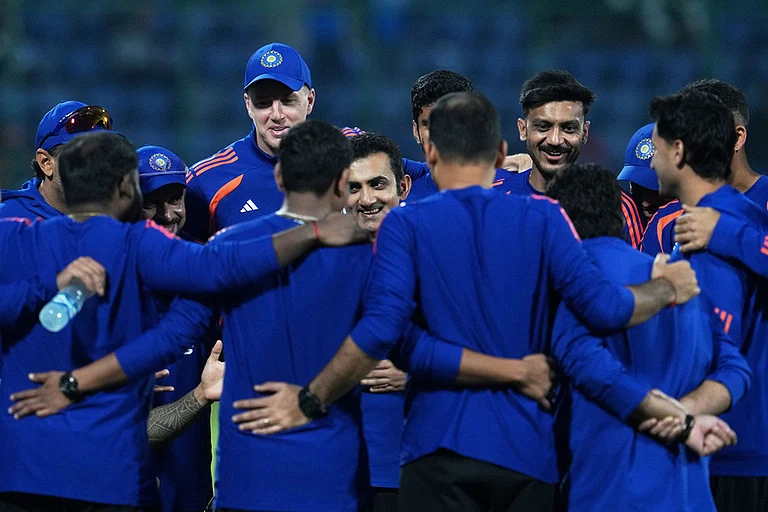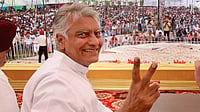The Supreme Court's interim order on directing all political parties to provide full information on donors and contributions made through electoral bonds, was not well received by the petitioners.
The court on Friday directed all political parties to submit full details on political donors and contributions made through electoral bonds in sealed cover to the Election Commission of India by May 30. The petitioner's plea for an interim stay on bonds was also turned down by the court. The sealed cover will remain in EC's custody.
The ruling was in response to a petition challenging the validity of electoral bonds, filed by CPI (M) and Association of Democratic Reforms (ADR), a non-governmental organisation.
Reacting to the order, Jagdeep Chhokar, Member, ADR said that the order did not achieve any purpose and the case hasn't moved an inch by this order.
"The court order is deceptive. It gives the impression that something has been done. The reason is that the court has asked the parties to give details of the donors of the parties in a sealed cover. The political parties will be very much in their legal right to say they are not privy to any details on bonds. Because for the last two years, government has been shouting from the roof top that nobody knows who bought them. So political parties can argue that they can't be forced to reveal the source. And the court can't hold them guilty," he said.
While the government claims that it introduced electoral bonds to 'cleanse the system', the petitioners say that it will open floodgates of corruption. While the electoral bonds will not have the name of the donor, the bank will have access to the party and donor details.
Chhokar added that the order is particularly disappointing as it did not address its pleas for an interim stay. "We wanted an interim stay. Or in the alternative, we wanted the court to direct the State Bank of India to disclose who all have bought how much electoral bonds. They should have asked the bank to give the information to the EC," he said.
Responding to the order, CPI (M) sources also said that the party's plea was to scrap the electoral bonds immediately. "The court said that it should be handed over in a sealed cover. We would like the donations to be transparent and public. The fact is that the government is concealing all this," said Brinda Karat.
The party also said that the bonds are used by the BJP in a quid pro quo in the current elections.
"Our plea was to scrap the bonds immediately. The intervention should be done right now. The bonds are used by the BJP in a quid pro quo in the current elections. Even in the course of elections, they will be getting money. That's why we were hoping the SC will intervene," she added.
According to the details submitted by the Election Commission of India (ECI) on Thursday, 95 per cent of the political donations made through electoral bonds during the financial year 2017-18 were received by the BJP.
Slamming the anonymous nature of electoral bonds, P D T Achary, a former secretary general of the Lok Sabha, said that it doesn't curtail the flow of black money into politics, as claimed by the government.
Pointing out that the introduction of electoral bonds is unconstitutional, Achary said that the state has to ensure transparency, instead of concealing the details of the political donations.
"Bonds were introduced in 2017 and legislative changes were made in the Finance Bill of 2017 in this regard. Section 31 of the Reserve Bank of India Act, 1924, was amended and a new Clause (3) was added to provide for electoral bonds. No further details on these were given. It needs to be questioned," he said.
Achary added that the ruling parties will always benefit by this scheme.
"According to the statistics, 95 per cent of the donations have gone to BJP's coffers and five per cent has gone to other parties. Now you understand why the bond system has been introduced. Ruling party will get the benefit. Corporates will side with whoever is in power," said Achary.
The government on Thursday said that the public has no right to know about the donors. Criticising Attorney General K K Venugopal's arguments on this, Achary said that people are the masters in a democracy and they have the right to know who is funding political parties.
"The argument is absurd that common people should have no right to know the identity of the donor. Why wouldn't they know? People are the masters. How can the AG make such arguments," he asked.


























